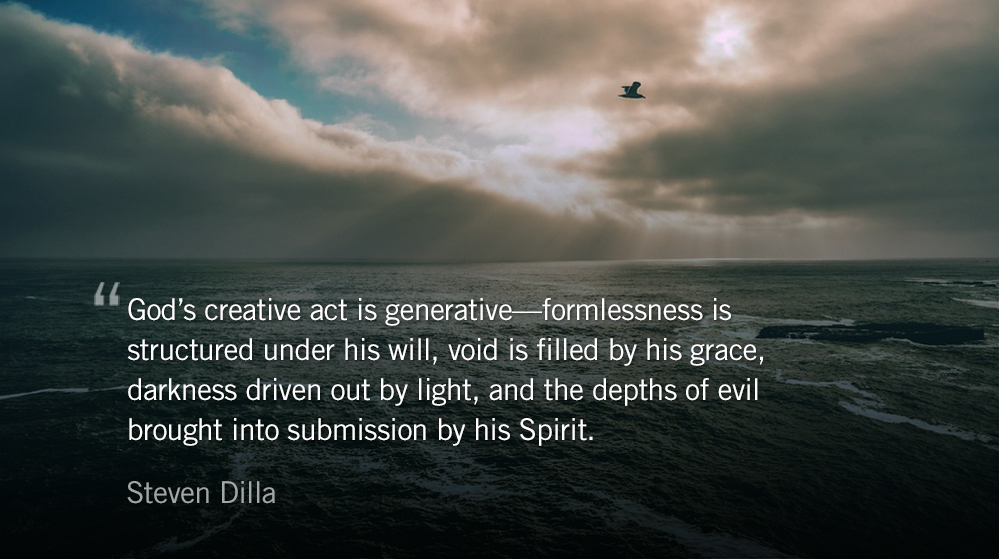And the king and Haman sat down to drink, but the city of Susa was thrown into confusion. — Esther 3.15
The word tragedy is used to describe the chance-events which permanently reshape normal life. From a costly professional error, the death of a loved one, or the horrors of terrorism, tragedy leaves its scars on both soul and culture.
The story of Esther chronicles Haman’s attempt to exterminate the Jewish people exiled in Persia during the fourth century B.C.E. Haman believed he was divining the will of Persian gods when he set the date of the massacre by casting lots. The very thought of genocide occurring by such happenstance sent Susa, the town where many exiled Jewish families lived, into chaos.
The Hebrew word translated as confusion is also used for wandering—the state of Israel’s lostness in the wilderness. The similarities between the stories of Exodus and Esther are remarkable. In both stories Israel is held captive in a pagan land, an adopted child with a concealed identity is empowered by God, and the enemy is slaughtered as Israel is redeemed. Esther is the story of a new exodus, Exodus a story of a new creation.
The overt lesson of the creation account in Genesis 1 is that God enters chaos and makes beauty. God’s creative act is generative—formlessness is structured under his will, void is filled by his grace, darkness driven out by light, and the depths of evil brought into submission by his Spirit.
Faithfulness in Esther’s story might be understood as providence (Esther and Mordecai both rose in power); but we cannot miss that Israel’s deepest longing—to return home—went unmet. Remarkably, this reality did not shake their faith. God’s presence with them in suffering became something cherished.
For thousands of years Jews have celebrated Purim, a holiday which is named after the Hebrew word for “lots.” It is a reminder of God’s faithfulness when the lots of the world fall against his people. Even when things seem haphazard, when the world looks like it is likely to be overcome by evil, when the innocent suffer, God is faithful.
God’s faithfulness didn’t result in an attitude of escapism among his people. When the Babylonian exiles cried out to God he instructed them to invest where they were—for though their pain was immense and their longings unmet, the eternal weight of glory awaited.






